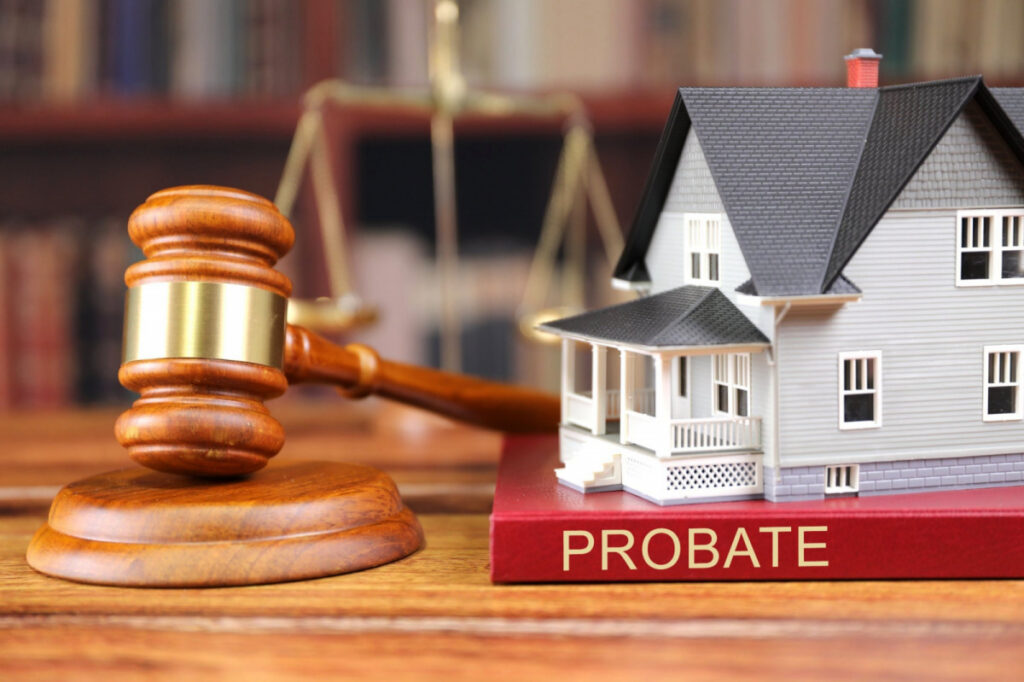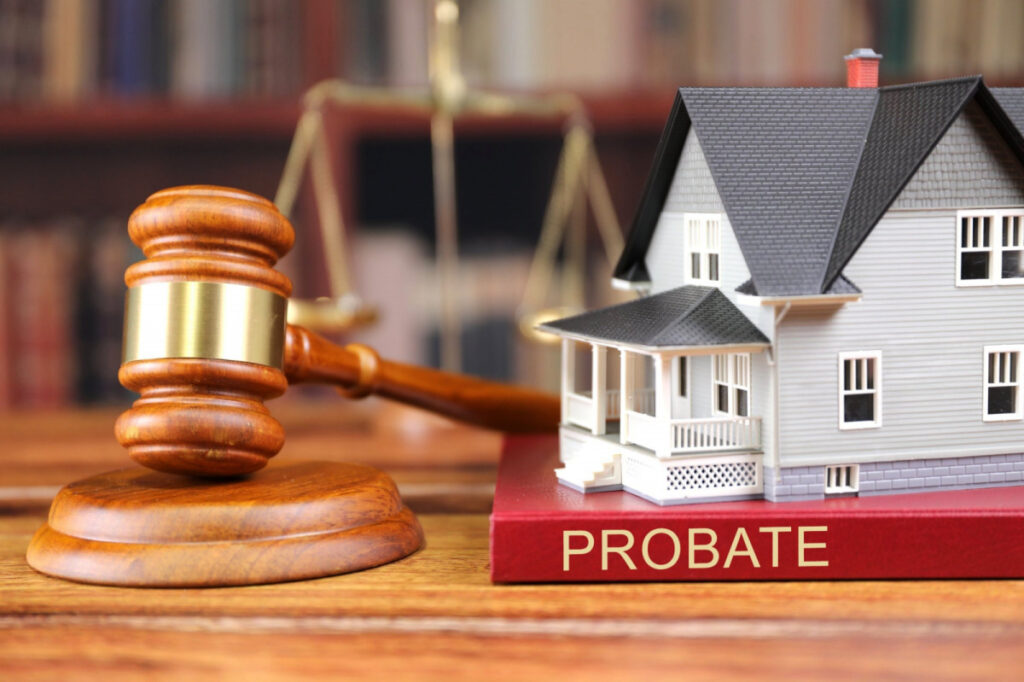Owning a vacation home or secondary residence in Texas is a cherished dream for many. The vast landscapes, from scenic Hill Country retreats to Gulf Coast getaways, offer the perfect escape. However, when the owner of such a property passes away, these assets can present unique challenges in probate. Understanding the probate implications for Texas vacation homes and secondary residences is crucial for effective estate planning and smooth administration.
The Basics of Probate in Texas
Probate is the legal process that takes place after someone dies to settle their estate, which includes distributing their assets according to their will or state law if there is no will. In Texas, probate involves validating the deceased’s will, appointing an executor or administrator, identifying and inventorying the decedent’s property, paying debts and taxes, and distributing the remaining assets to beneficiaries.
Vacation Homes and Secondary Residences in the Probate Process
When it comes to vacation homes and secondary residences, the probate process can become more complex due to several factors:
Valuation of the Property
Determining the value of a vacation home or secondary residence is crucial. This valuation affects estate taxes and the distribution of assets. It’s essential to obtain a fair market value assessment, which may involve hiring a professional appraiser.
Multiple Jurisdictions
If your vacation home is in a different county than your primary residence, you may need to initiate probate proceedings in each jurisdiction. This can complicate the process and increase legal fees and court costs.
Joint Ownership and Titles
The property title affects how probate handles it. If joint ownership includes rights of survivorship, the surviving owner may directly receive the property without going through probate. However, if it is solely owned by the deceased, it will likely need to go through probate.

Homestead Exemptions
Texas law provides certain protections and exemptions for homesteads, but these may not apply to secondary residences and vacation homes. Understanding how these exemptions impact the probate process is essential.
Maintenance and Upkeep
During probate, the executor is responsible for maintaining the property, including paying for utilities, insurance, and property taxes. This can be a financial burden, particularly if the probate process is lengthy.
Steps to Navigate Probate for Vacation Homes and Secondary Residences
Locate the Will and Estate Plan
The first step is to locate the deceased’s will and any estate planning documents. These documents will outline how the deceased intended their assets to be distributed and who should serve as the executor.
File for Probate
The executor must file an application for probate in the county where the deceased resided or where the property is located. If the vacation home is in a different county, additional probate proceedings may be necessary.
Inventory and Appraise the Property
The executor must compile a detailed inventory of the deceased’s assets, including the vacation home or secondary residence. Obtaining a professional appraisal will ensure an accurate valuation.
Notify Beneficiaries and Creditors
The executor must notify all beneficiaries named in the will and any potential creditors. This step is crucial for transparency and legal compliance.
Maintain the Property
While the estate is being settled, the executor must ensure that the property is maintained. This includes paying for necessary repairs, property taxes, insurance, and utilities. Failure to do so can decrease the property’s value and create additional complications.
Settle Debts and Taxes
The executor must pay off any debts and taxes owed by the estate. This includes estate taxes, which can be significant if the property is highly valued. Understanding Texas estate tax laws and exemptions is essential in this step.
Distribute the Property
Once debts and taxes are settled, the executor can distribute the property according to the will or Texas intestate succession laws if there is no will. This may involve transferring the title of the vacation home to the beneficiaries or selling the property and distributing the proceeds.
Strategies to Simplify Probate for Vacation Homes
Joint Ownership with Rights of Survivorship
Titling the property jointly with rights of survivorship can allow it to pass directly to the surviving owner, bypassing probate.
Revocable Living Trust
Placing the vacation home in a revocable living trust can avoid probate entirely. The property is transferred to the trust, and upon the owner’s death, it is distributed according to the trust’s terms without going through probate.

Beneficiary Deed
Texas law allows for transfer-on-death deeds, which enable property owners to name a beneficiary to inherit the property upon their death. This method can also bypass probate.
Gifting the Property
Gifting the vacation home to heirs during the owner’s lifetime can avoid probate, though it may have gift tax implications.
Comprehensive Estate Planning
Working with an estate planning attorney to create a comprehensive plan that addresses all assets, including vacation homes, can streamline the probate process and ensure the owner’s wishes are carried out efficiently.
Real-Life Scenarios and Considerations
Scenario 1: The Hill Country Retreat
John and Mary owned a beautiful vacation home in Texas Hill Country. John passed away, leaving the home solely in his name. The couple’s children wanted to keep the property, but it needed to go through probate first. The executor had to file for probate in the county where the home was located, get it appraised, and ensure all debts and taxes were paid. Through careful planning and clear communication, the property was successfully transferred to the children.
Scenario 2: The Gulf Coast Getaway
Sandra owned a beachfront property on the Gulf Coast, titled solely in her name. Upon her death, her will specified that the property be sold, and the proceeds distributed among her grandchildren. The executor faced challenges due to the property’s high value and ongoing maintenance costs. By selling the property at a favorable market price and efficiently managing the estate’s debts, the executor fulfilled Sandra’s wishes and provided for the grandchildren.
Common Challenges and How to Overcome Them
Disputes Among Heirs
Disagreements among beneficiaries about whether to sell or keep the property can arise. Clear estate planning documents and open communication can help mitigate these disputes.
Financial Burden
Maintaining a vacation home during probate can be costly. Executors should budget for these expenses and consider the timing of property sales to minimize financial strain.
Legal Complexities
Navigating probate laws and regulations can be challenging, especially with properties in multiple jurisdictions. Hiring an experienced probate attorney can provide invaluable guidance.
Tax Implications for Vacation Homes and Secondary Residences
Estate Taxes
While Texas does not have a state estate tax, federal estate taxes may still apply, particularly for high-value properties. Understanding the federal estate tax threshold and planning accordingly can help minimize tax liabilities.
Property Taxes
Vacation homes and secondary residences in Texas are subject to property taxes, which must be paid during probate. The executor should ensure these taxes are kept current to avoid penalties and interest.
Capital Gains Taxes
If the property is sold during probate, capital gains taxes may apply based on the property’s appreciated value. Executors should consult with tax professionals to understand these implications and plan accordingly.
Preserving Property Value During Probate
Regular Maintenance
Ensuring the property is well-maintained during probate is crucial for preserving its value. This includes routine upkeep, necessary repairs, and maintaining curb appeal.
Securing the Property
Vacant properties can be targets for vandalism and theft. Executors should take steps to secure the property, such as installing security systems or hiring caretakers.
Managing Rental Income
If the vacation home generates rental income, the executor must manage these funds, ensuring they are properly accounted for and used to cover property expenses.
The Role of an Estate Planning Attorney

Legal Guidance
An experienced estate planning attorney can provide invaluable guidance throughout the probate process, helping executors navigate legal complexities and avoid common pitfalls.
Drafting Comprehensive Estate Plans
Working with an attorney to draft comprehensive estate plans, including wills, trusts, and other documents, can streamline the probate process and ensure the property is distributed according to the owner’s wishes.
Addressing Specific Needs
Every estate is unique, and an attorney can help address specific needs and concerns, such as blended families, business interests, or charitable bequests.
Conclusion: Proactive Planning for Peace of Mind
Probate implications for Texas vacation homes and secondary residences require careful consideration and proactive planning. By understanding the probate process, exploring strategies to simplify it, and addressing potential challenges, property owners and executors can ensure a smoother transition and preserve the value of cherished vacation homes. Whether through joint ownership, trusts, or comprehensive estate planning, taking the right steps today can provide peace of mind for the future and honor the legacy of loved ones.
Navigating the probate process for vacation homes and secondary residences in Texas can be challenging, but with the right knowledge and preparation, it is possible to manage these complexities effectively. Executors play a crucial role in this process, and understanding their responsibilities and the strategies available can help ensure a successful outcome for all involved.








